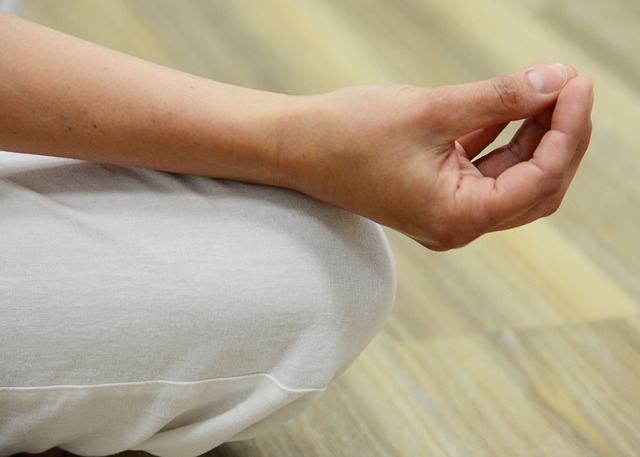First, “practice” in the Buddhist sense is that it is a regular and consistent sacred routine that you engage in on the spiritual path. It is often compared to nurturing a seed with nutrients consistently until it blossoms.
“Practice” also in the sense that it is always evolving. I hesitate suggesting that it is being “perfected” because the goal is not to reach some kind of “perfect”, flawless, hyper-hygienic means (if there is such a thing) or even a puerile state of 100% “perfection”. There may be short-term aims but the final goal usually melts away, somewhere along the way.
“Practice” also in the sense that you have control over your destiny; more than leap of faith, you can do something about your future, and even better, your present state. You don’t need a savior specifically, you have the most to contribute to your own divine freedom filled to the brim with wisdom and compassion.
“Practice” also in the sense that you continue to be of a beginner’s mind, to be a student, to be a life-long learner. For different Buddhists, a practice can be daily meditation, religious rituals, principled guidelines for life, incantations of Buddhas and Bodhisattvas ‘ names, scriptures, mantras, esoteric mudras and visualizations, various ways to engage with Buddhist canonical texts, and others.
‘ names, scriptures, mantras, esoteric mudras and visualizations, various ways to engage with Buddhist canonical texts, and others.
Practice is more than an introspective methodology intending to help self or others. A Bodhisattva’s practice, for example, is about disseminating compassion: how to best assist beings so all tap into their inherent light.
In practice, different types of suffering are experienced or not experienced. With useful intention and observation, there is value in these experiences. With a practice where you still need to set up a time and a place, you may sometimes experience severe physical discomfort that occurs from being in the same position for some time or painful emotions from old memories. When you’re not relating personal pain to the pain that all experience or when you’ve moved beyond such pain and are in a state of peace, you usually do not contemplate suffering. Practice can help you manage physical and psychological pain better, but it is not a substitute for pain management or psychiatry, by the way.
Unless you specifically invoke a heart-wrenching situation or experience to contemplate upon, suffering is not experienced in practice. If you do contemplate suffering in a practice setting, it is to learn more about it so you can help others who suffer similarly. You may very well experience an expansion of compassion and insights about being compassionate. In all cases, pain is experienced differently with and without the support of practice for that time or because of the strength from long-term practice.
For so me, practice is all hours of the day and all moments in time; there is no practice to step into or out of. Advanced awakened beings may find themselves doing their practice in their sleep, or that they engage in compassionate action toward all beings unceasingly.
me, practice is all hours of the day and all moments in time; there is no practice to step into or out of. Advanced awakened beings may find themselves doing their practice in their sleep, or that they engage in compassionate action toward all beings unceasingly.
For those of us who have not had such experiences, being engrossed in a routine for a specific time period and at a specific location is ideal. Because for too many, outside of the flow of a peak moment, their brains start ticking. You want to take advantage of the residual flow from practice, reflect or observe intentionally then; reflections and observations may arise naturally too. At that time, you may intentionally or unintentionally become more aware of the following about suffering in this world:
- Suffering is everywhere. Check again if you haven’t discovered this yet.
- Accept that suffering is everywhere; remain equanimous but not indifferent or hard-hearted. Don’t let suffering get you down either. Don’t suffer over suffering, but know that among the many worlds that exist according to the Mahayana Buddhist cosmology, this world is the world of suffering (for a reason
 too).
too). - Accept that you have contributed to the cause of suffering. Consider how in the past I have made things difficult for yourself and others. Consider how even small things grow to result into major impact.
- Accept that you can contribute to alleviating suffering. By accepting responsibility for the suffering that is now in your life and your world, makes it easier to undo what has been done. Remember that with a thought, you can alter molecules and create the butterfly effect.
- Accept that suffering can never be entirely alleviated. Because this is the world of suffering where beings come and go with their karma, waves of suffering enter and waves of suffering exit.
- Alleviate the suffering of self (the false self at that). You may choose from the many Buddhist methodologies tried and tested for the last several thousands of years.
- Alleviate the suffering of others, in and out of practice. Do what you can.
- Nevertheless, alleviate the suffering of all: past, present, and future beings seen and unseen. Do the impossible. Do it with a smile. Start by making promises to yourself and committing to them.